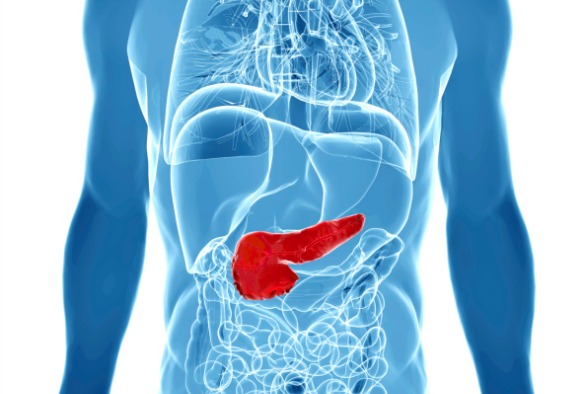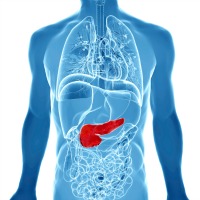
Dr Eithne Costello from the University of Liverpool’s Institute of Translational Medicine and The National Institute of Health Research (NIHR) Liverpool Pancreas Biomedical Research Unit, has been awarded more than £179,000 to improve the targeting of chemotherapy to pancreatic cancer cells.
The project is one of six new research projects supported by £1 million from the Pancreatic Cancer Research Fund (PCRF), which was announced for World Cancer Day today (Thursday, 4 February).
Pancreatic cancer is the fifth most common cause of cancer-related death and around 8,800 people are diagnosed each year in UK. Of all the cancers pancreatic has the lowest survival rate with just 3% of those diagnosed surviving for five years. It is also the only cancer that has seen no improvement in this figure over the last 40 years.
More effective treatment
Dr Costello, andcolleagues, aim to unravel how pancreatic tumour cells use a specific protein (Nrf2) to protect themselves against chemotherapeutic drugs.
Pancreatic cancer cells have high levels of this protein, and respond to chemotherapy by producing even more – effectively becoming resistant to treatment. The team aims to find ways to block this protein that will enable the cancer drugs to work more effectively as treatments.
Of the project Dr Costello, said: “The majority of pancreatic cancer patients do not respond to chemotherapy. This award will enable us to examine why this is the case and to work towards making therapy more effective.”
Springboard for future research
PCRF’s founder and CEO, Maggie Blanks, said: “In the charity’s early years, we had to focus on basic research to help understand pancreatic cancer and its mechanisms, with the knowledge that this would be a springboard for future research progress. More recently – typified by this year’s grants – we’ve been able to focus on projects that are closer to patients. These include innovative ways of making current treatments much more effective, developing ‘personalised medicine’ approaches and finding ways to diagnose the disease in its earliest stages.
“We’re committed to beating this disease and thanks to our loyal supporters whose fundraising enables us to fund all these projects and initiatives, we’re making real progress towards this goal.”
